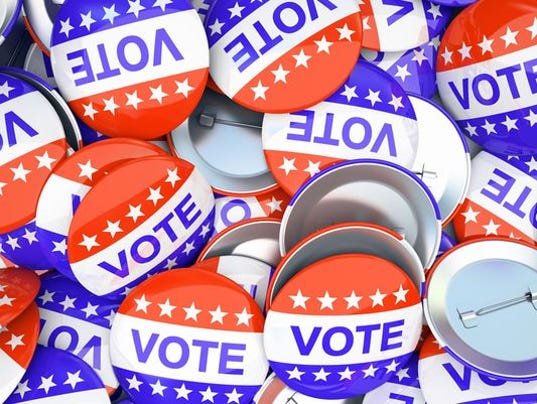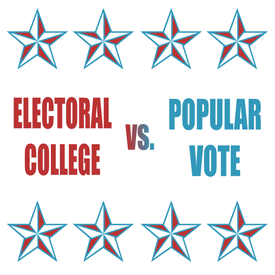In 2012, A — who was 15-years-old at the time — fell pregnant, but was unable to obtain a termination in her home country because of its stringent anti-abortion laws. The Abortion Act 1967, s1 of which lays down the mechanism for a legal abortion, does not apply in Northern Ireland, meaning women can only legally access the procedure if her health is at serious risk. Women who have been raped cannot access abortions legally, nor can victims of incest or women carrying foetuses with fatal abnormalities. The appellant did manage to terminate her pregnancy by travelling to a private clinic in England at the cost of £900, but has now brought a judicial review against the Secretary of State for Health, Jeremy Hunt, on two grounds.The grounds included: 1) a failure by the Executive to abide by its duty to order facilities in Northern Ireland to provide the woman with termination services and 2) a failure by the National Health Services to provide such services to women in Northern Ireland as provided by an Act of Parliament. Interestingly, the second claim is being brought under the European Convention of Human Rights.
In short, this case illustrates nicely the difference between an appeals court hearing an appeal and engaging in judicial review. An appeal involves questioning whether the lower court or government body made an improper decision under the law. Judicial review, on the other hand, asks whether the government acted improperly or failed to act when it was required to. The case will be heard soon by the UK Supreme Court.





